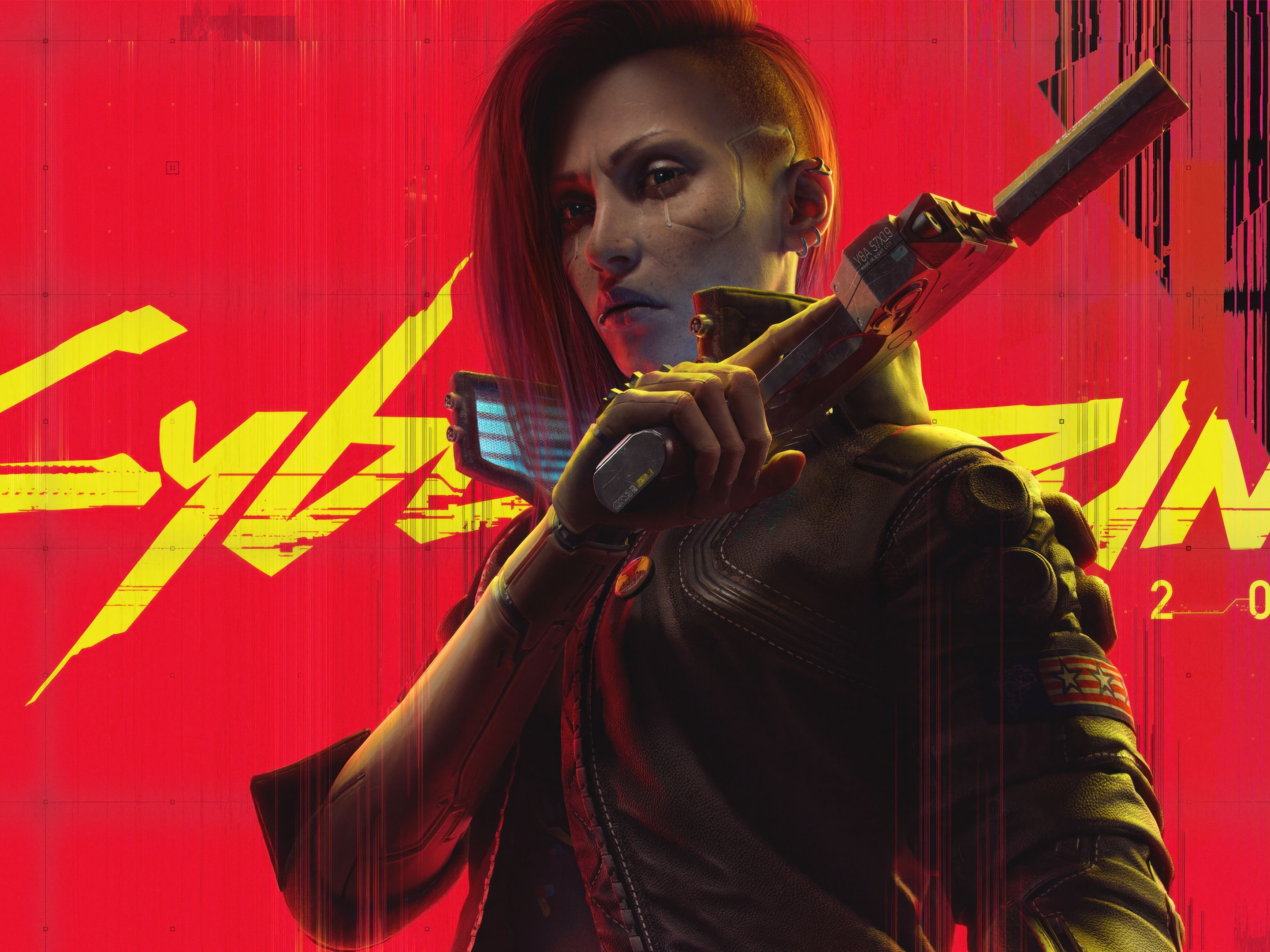Is Fire Emblem a JRPG That Has Been Ported Widely?
The question of genre classification in video games is often a subject of fervent debate, but few franchises embody the core tenets of their genre as definitively as Fire Emblem does for the Japanese Role-Playing Game (JRPG). Since its inception on the Famicom in 1990, Fire Emblem has not only become a benchmark for tactical RPGs but has also cemented its status as a quintessential JRPG. Its journey from a Japan-exclusive niche title to a globally recognized powerhouse is a narrative intrinsically tied to its widespread porting and re-releasing across Nintendo's evolving hardware ecosystem. To understand Fire Emblem is to understand a series that perfectly marries JRPG storytelling and character progression with strategic, grid-based combat, and its proliferation across platforms is the key to its modern success.
Defining the JRPG and Fire Emblem's Place Within It

At its heart, the JRPG genre is characterized by a set of conventions that distinguish it from its Western counterparts. These include a strong, pre-determined narrative focus, an emphasis on party-building and character relationships, turn-based combat systems (often with unique twists), and a progression system rooted in statistical growth through experience points. Fire Emblem checks every box, albeit through a tactical lens.
While its core gameplay is tactical—commanding units on a grid-based map—the overarching structure is pure JRPG. Players are guided through a grand, often politically charged narrative, following a lord or protagonist on an epic journey. The units under the player's command are not faceless soldiers; they are characters with unique backstories, personalities, and interpersonal relationships, developed through support conversations—a system that has become a hallmark of the series. This focus on character is a quintessential JRPG trait. The permanent death (permadeath) mechanic, a series staple for much of its history, heightens the narrative and emotional stakes, forcing players to form deep attachments to their units, a level of investment rarely seen in other genres.
Furthermore, the progression system is classic JRPG. Characters gain experience in battle, level up, and see their stats increase randomly, encouraging grinding and careful planning. The weapon triangle (swords > axes > lances > swords) adds a rock-paper-scissors layer of strategic depth that complements the statistical underpinnings. Classes can be promoted, unlocking new abilities and higher stat ceilings. This blend of strategic unit placement and deeply JRPG-centric character development is the series' unique selling proposition.
The Era of Exclusivity: A Niche Within a Niche
For over a decade, Fire Emblem's status as a JRPG was undeniable, but its status as a "widely ported" one was not. The series began and remained a Japan-exclusive franchise for its first thirteen years. The first five mainline titles, released on the Famicom and Super Famicom, never saw official Western releases. During this period, Fire Emblem was a beloved but insular series, a hidden gem known only to import gamers and emulation enthusiasts. It was the very definition of a cult classic—a pure JRPG experience that the wider world was largely unaware of.
This isolation began to crack with the release of Fire Emblem: The Binding Blade on the Game Boy Advance, which, while still Japan-only, set the stage for its international breakthrough. The true turning point came with the next two GBA titles, Fire Emblem (known as The Blazing Blade in Japan) and The Sacred Stones. These games were deliberately designed and localized for Western audiences. Their success proved that the series' particular blend of tactical JRPG gameplay had a viable market outside Japan, saving the franchise from potential cancellation and beginning its journey toward becoming a widely ported title.
The Widening Port: From Console Salvation to Global Dominance
The definition of "porting" can be expanded beyond simple code translation from one system to another. In Fire Emblem's case, it encompasses remakes, re-releases on virtual consoles, and the strategic leveraging of Nintendo's portable and home consoles. This multi-pronged approach is what transformed the series into the behemoth it is today.
-
The Console Resurgence and Remakes: The release of Fire Emblem: Path of Radiance on the Nintendo GameCube and its sequel, Radiant Dawn, on the Wii, marked the series' debut on home consoles in the West. While commercial successes, their limited reach on their respective platforms highlighted a challenge. Nintendo's answer was strategic remaking. Fire Emblem: Shadow Dragon on the Nintendo DS was a faithful remake of the very first Famicom game, finally giving Western players official access to the series' origins. More recently, Fire Emblem Echoes: Shadows of Valentia on the 3DS remade the second Famicom title, modernizing its mechanics while preserving its unique spirit. These remakes served as both historical preservation and a means to broaden the series' appeal.
-
The Digital Revolution and Virtual Console: Perhaps the most significant factor in Fire Emblem's widespread availability has been Nintendo's embrace of digital storefronts. The Virtual Console service on the Wii, Wii U, and 3DS allowed Nintendo to port classic titles with minimal effort. This is where the "wide porting" truly took off. The original GBA titles that introduced the West to the series became readily available for purchase again. Japan-exclusive SNES titles like Mystery of the Emblem were finally localized and released on the 3DS eShop in the West. This made a vast portion of the series' back catalogue accessible to a new generation of players, cementing its legacy and educating newcomers on its history.
-
The Mobile and Modern Breakthrough: The release of Fire Emblem Awakening on the 3DS is rightly credited with saving the franchise. Its perfect refinement of the formula, coupled with robust marketing, catapulted the series into the mainstream. Its success was built upon the foundation laid by the wide availability of its predecessors. Following this, Fire Emblem Fates and Fire Emblem: Three Houses on the Switch continued this momentum, with the latter becoming the best-selling title in the franchise by a wide margin.
Crucially, Nintendo augmented this with Fire Emblem Heroes, a free-to-start mobile game. Heroes is, in essence, the ultimate port—a distilled version of Fire Emblem's core combat and character collection, available on the world's most ubiquitous platform. It has generated billions in revenue and acts as a perpetual, global advertisement for the mainline series, introducing its vast roster of characters to an audience that may never have owned a Nintendo console.
Conclusion: A Symbiotic Relationship
Fire Emblem is not just a JRPG; it is a foundational pillar of the genre, demonstrating its evolution from hardcore tactical challenges to more narrative-driven, character-focused epics. Its identity as a JRPG is unassailable. The question of whether it has been "ported widely" is answered by looking at its modern presence. From its humble, isolated beginnings, the series now exists across multiple hardware generations through original releases, strategic remakes, digital re-releases on virtual consoles, and a massively successful mobile offshoot.
The widespread porting of Fire Emblem is not a mere footnote in its history; it is the catalyst for its survival and its current global dominance. The accessibility of its back catalogue has cultivated a dedicated, knowledgeable fanbase, while the strategic placement of new titles on successful platforms like the 3DS and Switch has captured a massive mainstream audience. The franchise’s journey proves that in the modern gaming landscape, a great JRPG is defined not only by the quality of its storytelling and gameplay but also by the breadth of its availability. Fire Emblem, once a hidden secret, is now a widely ported, universally accessible, and quintessential JRPG experience.















